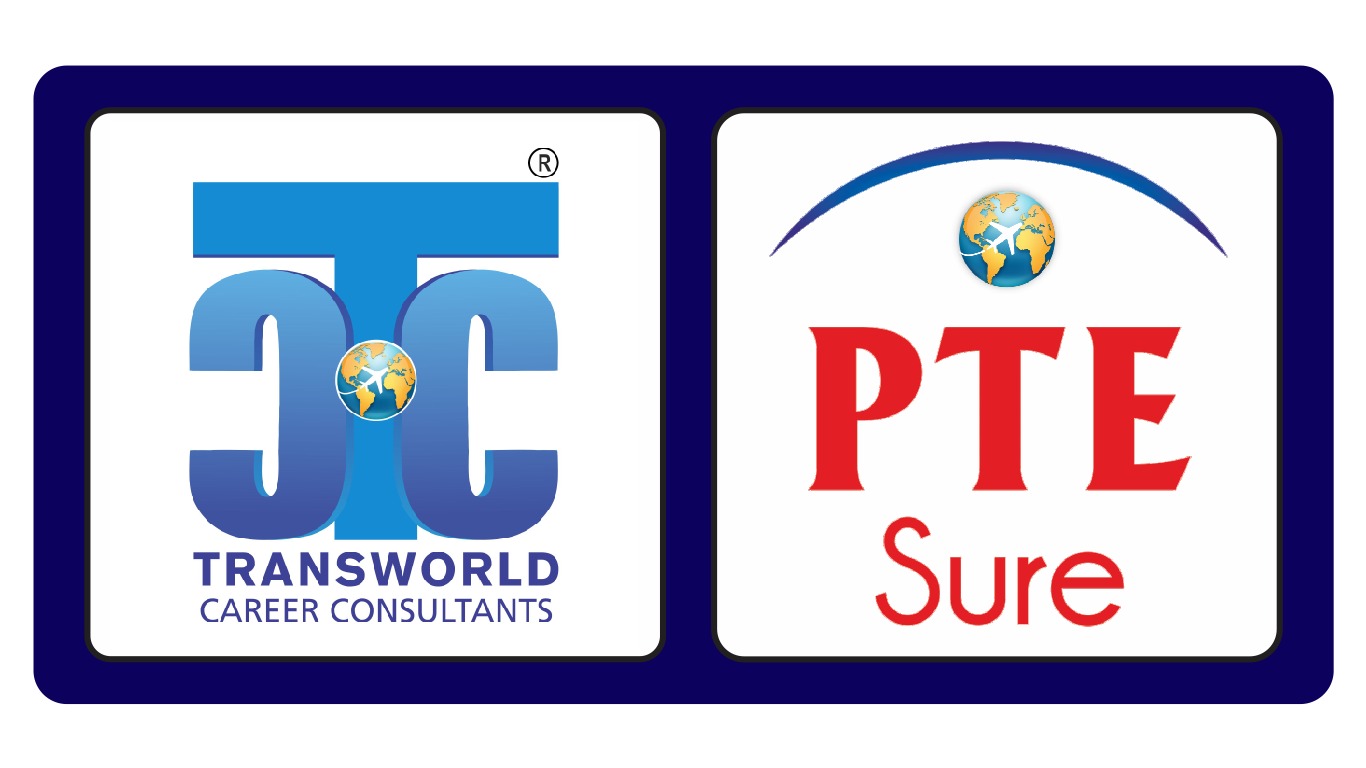Understanding
IELTS
The International English Language Testing System (IELTS) is one of the most recognized English proficiency tests globally. It assesses the English language skills of non-native speakers who want to study, work, or migrate to English-speaking countries. The test evaluates four key areas: Listening, Reading, Writing, and Speaking. Each section is designed to measure specific language skills, providing a comprehensive evaluation of the test taker’s proficiency.

Golden years we’ve passed!
Importance of IELTS Training
Proper IELTS training is crucial for achieving a high score. It familiarizes candidates with the test format, question types, and time management strategies. Training programs often include practice tests, which help candidates build confidence and identify areas needing improvement. Moreover, professional guidance can provide tailored feedback, enhancing the effectiveness of study efforts.
Listening Section
The IELTS Listening section consists of four recordings, each followed by a series of questions. The recordings feature a range of accents and contexts, including everyday conversations, academic discussions, and monologues. Here are key strategies for success:
Active Listening
Practice active listening by engaging with a variety of English audio materials, such as podcasts, news broadcasts, and lectures. This exposure helps improve comprehension and familiarity with different accents.
Note-Taking
Develop effective note-taking skills to capture essential details while listening. Focus on keywords, main ideas, and specific information that may be questioned.
Practice Tests
Regularly take practice tests to get accustomed to the test format and question types. This practice helps improve speed and accuracy.
Reading Section
The Reading section comprises three passages with a total of 40 questions. The passages are taken from books, magazines, journals, and newspapers, covering a range of topics. Here are tips to excel in this section:
Skimming and Scanning
Learn to skim for the main idea and scan for specific information. These skills enable you to quickly locate answers without reading every word in the passage.
Time Management
Allocate time wisely for each passage. Generally, spend no more than 20 minutes on each to ensure you have enough time to answer all questions.
Understanding Question Types
Familiarize yourself with the different types of questions, such as multiple-choice, matching headings, and True/False/Not Given. Practice each type to develop effective strategies for answering them.
Writing Section
The Writing section is divided into two tasks: Task 1 (a 150-word report or letter) and Task 2 (a 250-word essay). Both tasks must be completed in 60 minutes. Here are essential strategies for success:
Task 1
Depending on whether you are taking the Academic or General Training version of IELTS, Task 1 will differ. For Academic, you need to describe visual information like charts or graphs. For General Training, you write a letter. Practice describing data accurately and writing formal and informal letters.
Task 2
The essay task requires a clear, well-structured argument. Practice writing essays on various topics, focusing on clarity, coherence, and a logical progression of ideas. Make sure to address all parts of the prompt.
Grammar and Vocabulary
Enhance your grammar and vocabulary to express ideas effectively. Use a range of sentence structures and appropriate academic or formal vocabulary.
Proofreading
Always leave time to proofread your writing. Check for grammatical errors, spelling mistakes, and clarity issues.
Speaking Section
The Speaking section is a face-to-face interview with an examiner and lasts about 11-14 minutes. It is divided into three parts: an introduction and interview, a long turn, and a discussion. Here’s how to prepare:
Fluency and Coherence
Practice speaking fluently and coherently. Avoid long pauses and hesitations. Organize your thoughts before speaking and stay on topic.
Pronunciation
Work on your pronunciation to ensure clarity. Listen to native speakers and mimic their intonation and stress patterns.
Vocabulary
Expand your vocabulary to discuss a wide range of topics. Use varied and precise language to convey your ideas effectively.
Mock Interviews
Participate in mock interviews to simulate the test environment. This practice helps reduce anxiety and improves performance under pressure.
Additional Tips for IELTS Success
The Speaking section is a face-to-face interview with an examiner and lasts about 11-14 minutes. It is divided into three parts: an introduction and interview, a long turn, and a discussion. Here’s how to prepare:
Consistent Practice
Regular practice is key to improvement. Dedicate time each day to studying and practicing each section of the test.
Study Materials
Use high-quality study materials, including official IELTS practice tests and reputable preparation books. Online resources, such as video tutorials and practice exercises, can also be beneficial.
Feedback and Evaluation
Seek feedback from teachers, tutors, or peers. Constructive criticism helps identify weaknesses and areas for improvement.
Stay Calm and Focused
On test day, stay calm and focused. Ensure you get a good night's sleep before the exam and eat a healthy meal to maintain energy levels.
